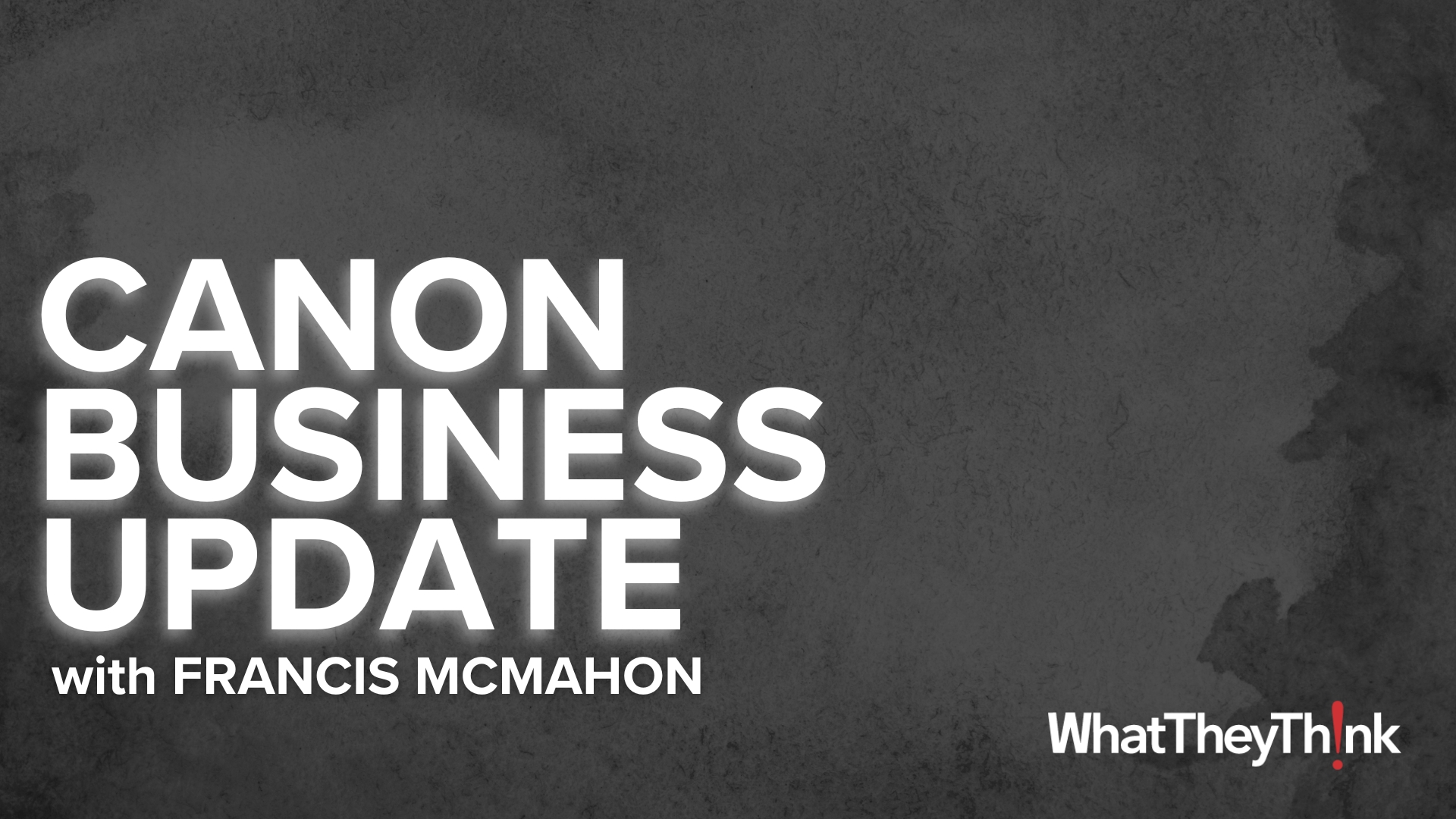Apple announced last week that the iPad will be sold in nine more countries: Austria, Belgium, Hong Kong, Ireland, Luxembourg, Mexico, Netherlands, New Zealand and Singapore starting July 23. With last weeks launches, the iPad is now available in a total of 19 countries including Australia, Canada, France, Germany, Italy, Japan, Spain, Switzerland, the UK and the US.
Ironically, around the same time, LG Display has announced that it can't make the LED displays used in Apple's iPad fast enough to meet the demand. LG Display's CEO, Kwon Young-soo said, "Apple may have to delay launches of the iPad for some countries due to tight component supplies and strong demand.”
Also last week Apple announced their 2008 third quarter results and was happily discussing its record quarterly sales of 3.47 million Macs in its latest fiscal reports. And in that call Apple opened up a bit on who’s buying the iPhone 4 and iPad. Of course, they are corporate types and Windows users.
Apple Chief Operating Officer Tim Cook pointed to the sales of iPhones into the enterprise, a market that is certainly Windows country. “If you look at the iPhone, we’re now up to more than 80 percent of the Fortune 100 that are deploying or piloting the iPhone, and we also see very good momentum in the Fortune 500. In fact, over 60 percent of the Fortune 500 are deploying or piloting iPhone. This is also transcending into education institution, and we see around 400 higher education institutions, which have included the iPhone for faculty, staff and students.”
And on the iPad front, it appeared to be a similar story. “The iPad, very surprisingly in the first quarter, during the first 90 days we already have 50 percent of the Fortune 500 that are deploying or testing the iPad. This is incredible. That is the Fortune 100, excuse me.”
Later in the Apple analyst call, Cook responded to a question about cannibalization, specifically how iPhones could cannibalize iPod sales and how iPads sales could hurt Mac sales.
“… I do agree that I think most people external to Apple focus on cannibalization has been negative, and internally we are focused on exactly the opposite the synergy between both technically and from a demand point of view. If you look at the iPod historically, all of the people here felt that the iPod created a halo for the Mac, and in fact as the iPod volumes kick off you will see a dramatic change in the Mac sales back in time that we experienced.”
“And so could that happen on iPhone and iPad. You know, we’ll see. I don’t want to predict it but I do think that with our Mac share, the Mac has outgrown the market 17 straight quarters. However, the Mac share is still low and so there is still an enormous opportunity for the Mac to grow and certainly the more customers we can introduce to Apple through iPads and through iPhones and through iPods, you would think that there would might be some synergy with the Mac there, and there may be synergy between the iPad and the iPhones and so on and so forth and so that’s the way that we look at it internally instead of the negative although I know everybody is more focused on the negative piece of it. If it turns out that the iPad cannibalizes PCs that, I think, [that] is fantastic for us because there is a lot of PCs to cannibalize,” he added. “It’s still a big market.”
Here are two other interesting questions about cannibalization that were not asked:
- Could the increasing popularity and production issues of the iPhone and iPad cannibalize Apples attention away from development of the Macintosh computer?”
- Isn’t it inevitable that the addition of more features to the iPad will cannibalize Macintosh sales?
Any thoughts?
Howard Fenton is a Senior Consultant at NAPL. Howie advises commercial printers, in-plants, and manufacturers on workflow management, operations, digital services, and customer research.














Discussion
By Michael on Jul 27, 2010
To comment... I think the "Apple Eco System" (i.e. the combination of the Mac, iPhone, iPod, iPad, iTunes, etc...) is what makes the Apple experience so good. Each product represents some of the best in it's class and customers have come to expect this from Apple and I think they know this. So continued development and advancement of MacOS and the Mac is very important for Apple to keep this eco system in tact.
However, with that said, it's been a while since we've had a significant change to the iMac and MacBook lines... lots of minor changes, but no "big changes" in a while. They are over-due to take us to the next level of desktop computing... but maybe the iPad is that "next step"?
By Robert on Jul 27, 2010
Although the number of people who need to may not be many, I can not imagine running the Creative Suite on an iPhone or iPad. They are both certainly gee whiz devices but short on heavy lifting. Computer light may be the bulk of the market. The head of Apple has perhaps expressed that light (“sufficient quality”) is good enough in not adopting BluRay drives or high resolution audio and video formats.
I think there is a pent up demand for the next generation of the MacPro with the Gulftown chip which, like the iPad display, seems in short supply. When the new towers are released (“just wait“) I guess we will see if those sales are strong. Apple has its hands full.
By Brian Lawler on Jul 27, 2010
We're an all-Apple family with three desktop computers, three iPhones and one iPad. My wife and I work all day on our desktop computers, use our iPhones when we're not at our desks, and we share the iPad for watching a Netflix movie or reading a book.
So far, the reach of each device is limited. I don't read e-mail on the iPhone (it's too frustrating), but my wife reads her e-mail on the iPad. We do lots of work on our desktop computers, but the operative word is "work."
The iPad tends to be more recreational for reading and enjoyment. The iPhones are used for more and more "work" related projects, but they are still limited by the size of the screen and functionality of the interface.
There may eventually be some cannibalizing, but the hand-held devices need to be more useful for that to happen.
And, regarding the comment above about the desktop machines not being updated in a while... check out the two new iMacs (announced today).
Professional audio, video, photography and print production still require a very (very!) powerful desktop computer, and I suspect that it will stay that way for a while.
I have a movie to watch on the iPad... gotta go!
By Michael Jahn on Jul 27, 2010
Could the increasing popularity and production issues of the iPhone and iPad cannibalize Apples attention away from development of the Macintosh computer?”
I don't really think so any more than Toyota would have done when it launched Lexus.
Isn’t it inevitable that the addition of more features to the iPad will cannibalize Macintosh sales?
I do not think so - some of us own all three, and when it comes to the MacBook Pro and the iPhone, some of us one multiples (especially ones with children !)
besides - this is simply evolution/morphing - I think there was a time in Adobe's past where they made most of their money being a PostScript controller company, and has a much smaller software shrink wrap group. Look at them today. They evolved. In a future streaming world, we will not need local hard drives, as all our stuff lives in the cloud.
By Chuck on Jul 29, 2010
Don't forget, Steve said it himself-- the PC (I'll use this to mean Personal Computer, instead of a Windows machine in this context) is a truck. Sometimes you need a truck. As an old friend used to say, "You could haul a cord of wood in a Camry... but would you want to?"
Also, @Brian - I have a friend who runs IT at a major hospital and he tells me Doctors are GOING NUTS over the iPad, he's busy making sure medical imaging apps are accurate on it, etc. So you might want to revisit your "recreation-only" thought.